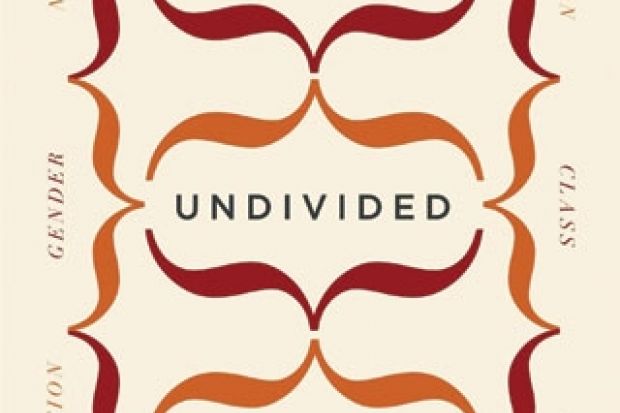Exam questions often contain the instruction “compare and contrast”. In David Cannadine’s view, historians and others - politicians, commentators, activists, journalists - have spent too much time on “contrast” and too little on “compare”. This has led, he says, to a Manichaean (or George W. Bushist) approach that reduces the study of human development to an oversimplified view of “us” and “them”. He considers six categories whose champions have claimed their favourite to be the most important classification of humanity: religion, nation, class, gender, race and civilisation. Yet within these categories, he shows, there have been and remain disagreements, and across them there has been dialogue and some cooperation. Hold the front page? I don’t think so.
Cannadine’s aim is to question “the conventional wisdom of single-identity politics, the alleged uniformity of antagonistic groups, the widespread liking for polarized modes of thought, and the scholarly preoccupations with difference”. Thus he sets up something of a straw target. Some people have indeed claimed their issue to be all-important for the study of humankind, especially those who believe in “clashes of civilisations”. But the noise they have made has tended to be disproportionate to their numbers. Further, the most effective way for historians to gain their colleagues’ - and perhaps also the media’s - attention is to overstate their case. One’s work will not have much impact if it claims to be merely a slightly different interpretation. This, then, is what Cannadine is doing: setting up an exaggerated case in order to tilt at its windmills, using a rather selective body of literature to sustain his arguments.
Who are these people who have allegedly insisted that their pet category explains all human development? Marxist exponents of the primacy of class are the most obvious candidates. Cannadine deftly, and with almost indecent enjoyment, dismantles the credibility of the Marx-Engels thesis of class and revolution, with “its manifold limitations, blind spots, exceptions, and outright errors”. Certainly, such Marxist regimes as there have been were imposed from above rather than spontaneously generated from below. And the outbreak of the First World War demonstrated that nationalism was a stronger force than socialism, even among Marxists’ chosen people, the “proletariat”, as citizens rallied overwhelmingly to their national cause and the (Marxist) Second International imploded. Nevertheless, while it may be valid to debunk theories of international solidarity and revolution, that does not mean that there was no sense of class solidarity in industrially developed areas of Europe in particular. The strength of trade union movements - not all of which were Marxist - is evidence that there was.
Cannadine’s analysis of “nation” as a category would have benefited from recognition that nationalism changed in character during the 19th century, from being associated with liberalism to being conservative and repressive. The attempt to impose a dominant national identity on recalcitrant members of subject nationalities in Eastern European empires involved counter-productive policies of Germanisation, Magyarisation and Russification. The dominance of Czechs and Serbs in their new countries after 1918 similarly stimulated national sentiment among less-favoured national groups, with a legacy that lasted to the end of the 20th century. It may not have been their only preoccupation, but it was certainly salient.
Historians have generally been careful to point up anomalies and exceptions to perceived rules. For example, they have argued that “wars of religion” are seldom only about religion. Some early modern rulers found conversion to Protestantism convenient when it provided a pretext for the “secularisation” (ie, seizure) of church lands. The Most Christian King (of France) sought a rapprochement with the Ottoman Turks to defend himself against the (Christian) Habsburgs. A pope gave aid to the “Protestant” side in the Thirty Years’ War because of misgivings about those same Habsburgs. These things have been well known for some time.
It is all too easy to agree that we have multiple identities. Some feel greater affinity with one part of their identity than the others, which makes generalisation perilous. Is a male Serb worker first and foremost a Serb, a man, an Orthodox believer, a worker, a Slav, a member of the Christian “West”? It presumably depends on context. But Cannadine has produced a set of lively and informative essays that are leavened from time to time by a dry wit. One does not have to accept wholeheartedly his premise to appreciate the skill with which he examines his chosen categories.
The Undivided Past: History Beyond our Differences
By David Cannadine
Allen Lane, 352pp, £20.00 and £11.99
ISBN 9781846141324 and 47852 (e-book)
Published 19 March 2013
Register to continue
Why register?
- Registration is free and only takes a moment
- Once registered, you can read 3 articles a month
- Sign up for our newsletter
Subscribe
Or subscribe for unlimited access to:
- Unlimited access to news, views, insights & reviews
- Digital editions
- Digital access to THE’s university and college rankings analysis
Already registered or a current subscriber? Login




